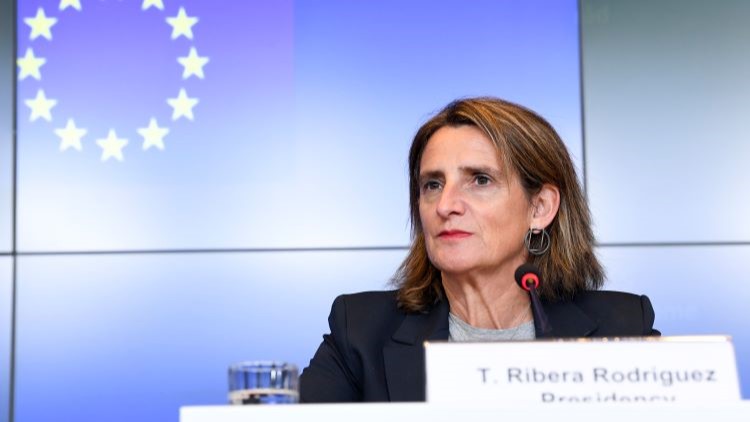Eduardo González
The EU Transport, Telecommunications and Energy Council agreed yesterday in Luxembourg on a “general orientation” on the reform of the electricity market in Europe, which will allow the Spanish Presidency of the Council of the Union to begin negotiations with the European Parliament to reach a final agreement.
The negotiations, led by the third vice president and acting minister for the Ecological Transition and the Demographic Challenge, Teresa Ribera, representing the Spanish Presidency, made it possible to overcome the blockade of Germany and France and reach a common position before it is definitively approved. the reform of the electricity market by the European Parliament and the European Council. The only country opposed to the agreement was Hungary.
The objective of the reform, as reported by the Council, is “to make electricity prices less dependent on the volatility of fossil fuel prices and to protect consumers from price increases, in particular by improving the functioning of the market of electricity in the long term.
“I am proud to say that today we have taken a strategic step for the future of the EU. We have reached an agreement that would have seemed unimaginable just a couple of years ago,” declared Teresa Ribera at the press conference after the Council. “Thanks to this agreement, consumers across the EU will be able to benefit from much more stable energy prices, less dependence on the price of fossil fuels and better protection against future crises,” she continued. “We will also accelerate the deployment of renewable energy, a cheaper and cleaner source of energy for our citizens,” she added. The reform of the European electricity market was one of the main objectives of the Spanish Presidency of the EU.







